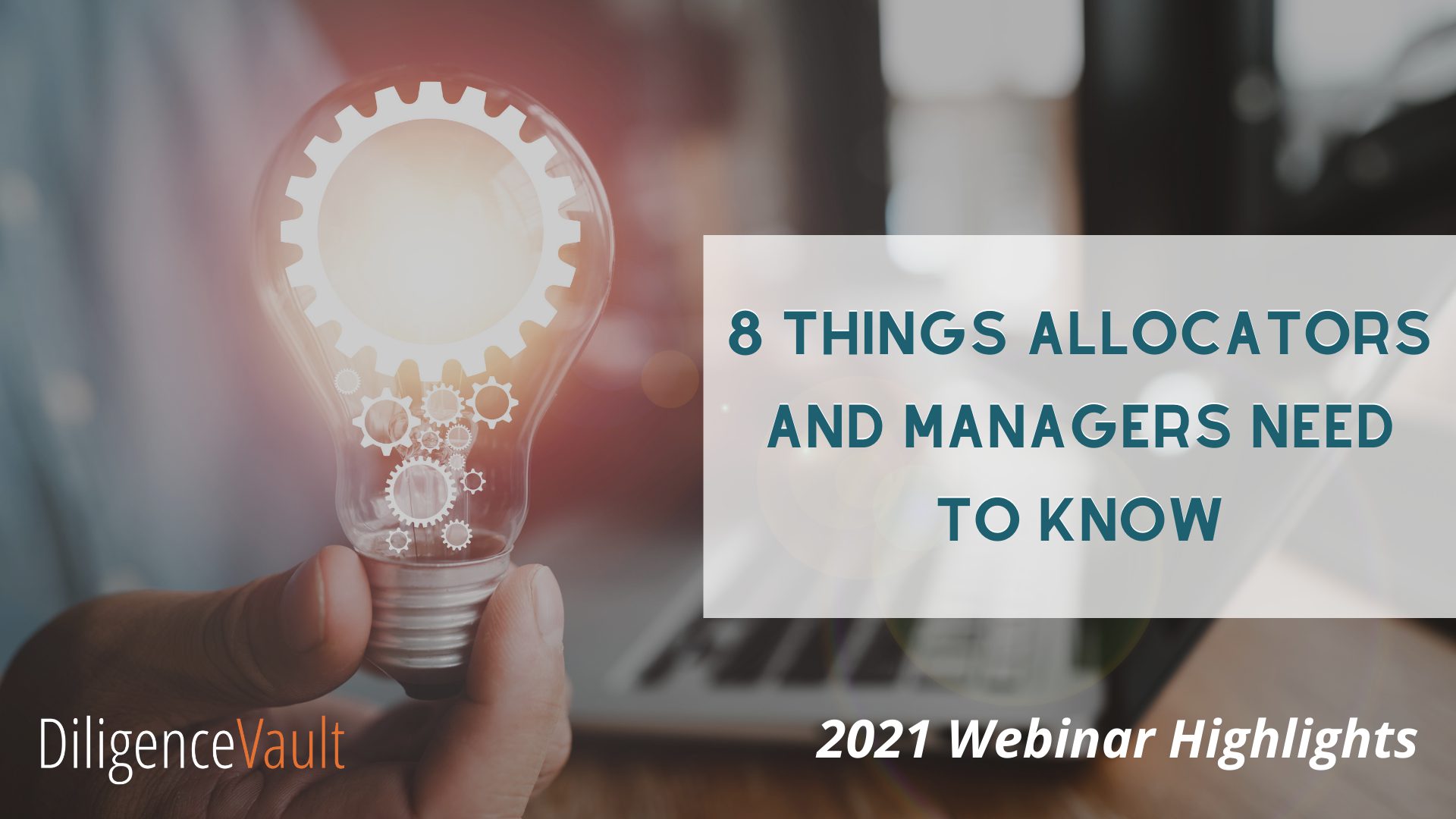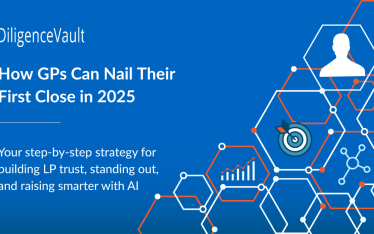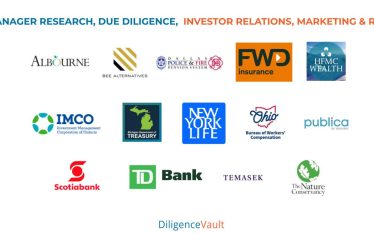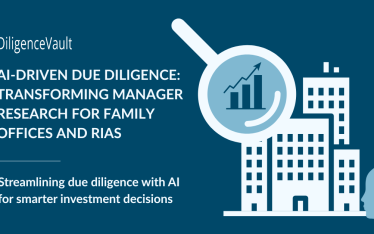In 2021, DiligenceVault hosted a number of webinars with some of the investment industry’s most notable companies including Willis Towers Watson, Blackrock, Arizona PSPRS, Mercer, EY and ILPA. Topics ranged from operational due diligence, technology innovation, fundraising and DDQs.
Here is a synopsis of the most important takeaways our panelists had to say:
Operational Due Diligence (ODD):
- Lines of credit by private market managers are increasingly coming under scrutiny by both investment and operational due diligence teams. From the ODD perspective, cost and counterparty exposure is of most concern while investment teams are focused on what impact LOCs are having on stated IRRs.
- Compliance is often the biggest deficiency when it comes to evaluating a manager’s operations. Segregating the compliance function from other functional areas of the firm is of paramount importance including monitoring and testing. (A written compliance policy – on its own – is not considered sufficient given the risks involved.) Outsourcing the compliance function is also not normally deemed an optimal situation. In addition to compliance, fund managers should emphasize better procedures for cash controls (transfer protocols, restrictions, oversight) as well as cybersecurity policies, including training on security best practices.
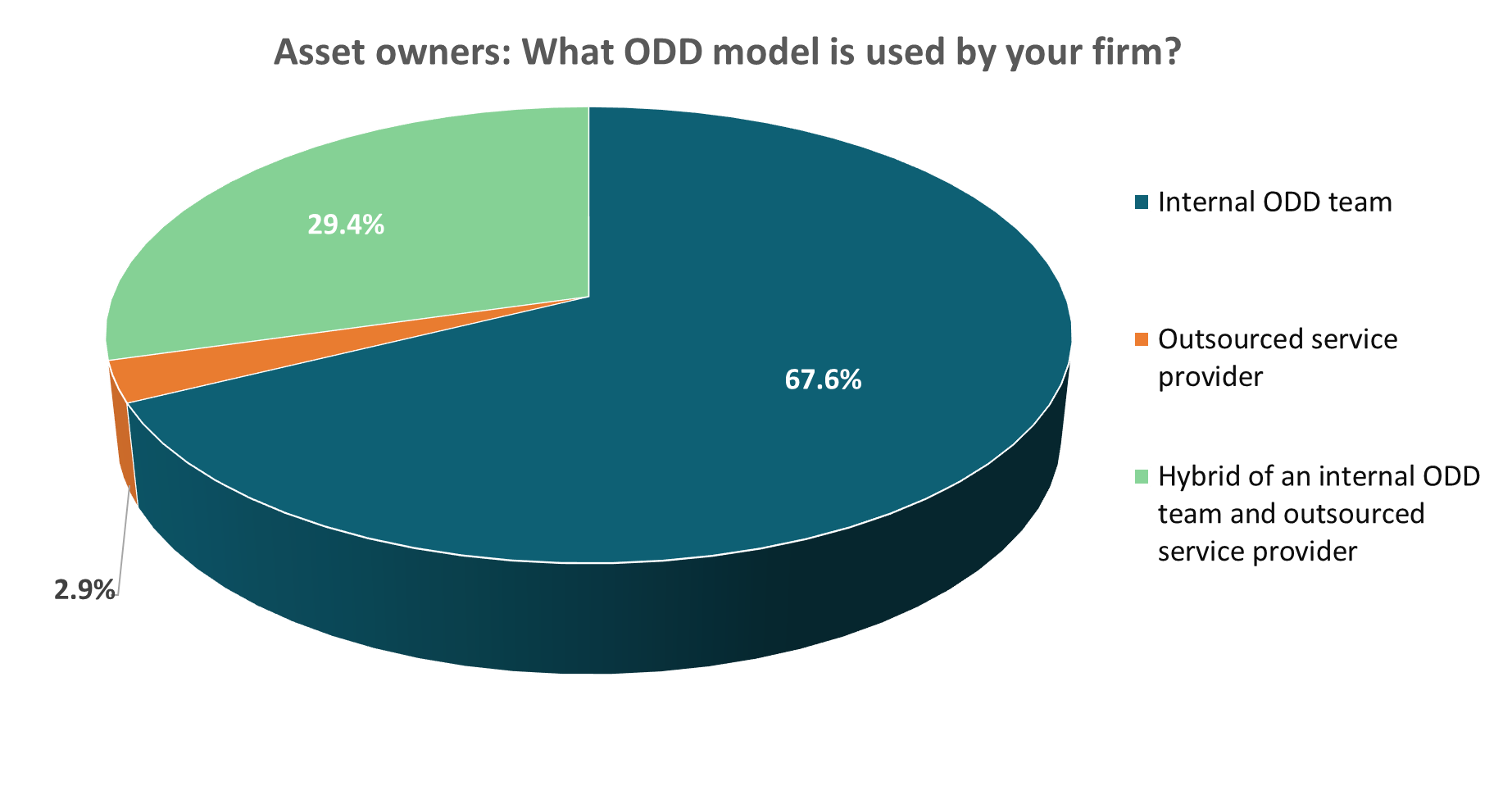
Asia:
- ESG considerations have become increasingly important to Asian investors, with such factors playing a larger role as part of the manager due diligence process.
- Asian investors are very focused on climate change as part of their ESG considerations as the view is that it poses global systemic risks in their portfolios with the goal of attaining a carbon-free portfolio as part of their risk management efforts
The Fund Manager’s perspective on ESG:
- In 2018, 20% of investors asked questions on ESG, while 2021 questionnaires were closer to 70%. While European investors have been the driving force behind most ESG questions initially, the rest are slowly following suit. ESG and DEI is becoming a separate ask with added breadth. It’s time to be proactive on creating new content for ESG and DEI, including solid process for future information requests, and make sure all statistics and details are ironed out, as that level of scrutiny is to be expected.
- DDQs and RFPs help you understand what’s in your client’s mind. Take the time at the beginning of the due diligence process to understand what the client is asking will save time and energy in the future. The due diligence process needs to be taken seriously and needs to be done properly. Take the required time, manage expectations, and you’ll be able to complete the process efficiently.
Technology:
- New technologies such as dedicated due diligence platforms are enabling ODD teams to be more efficient in how they collect and analyze manager data. Technology has also provided efficient workarounds when it comes to virtual due diligence and sharing confidential information such as manager’s policies and proprietary investment strategy description.
- Automation is increasing. As a fund manager grows in size and clients, automating manual tasks where ever possible, including in the due diligence function, will be key to successfully scale their businesses. Fund managers allocate a lot of manpower to the due diligence process and it’s not sustainable as a manager grows.
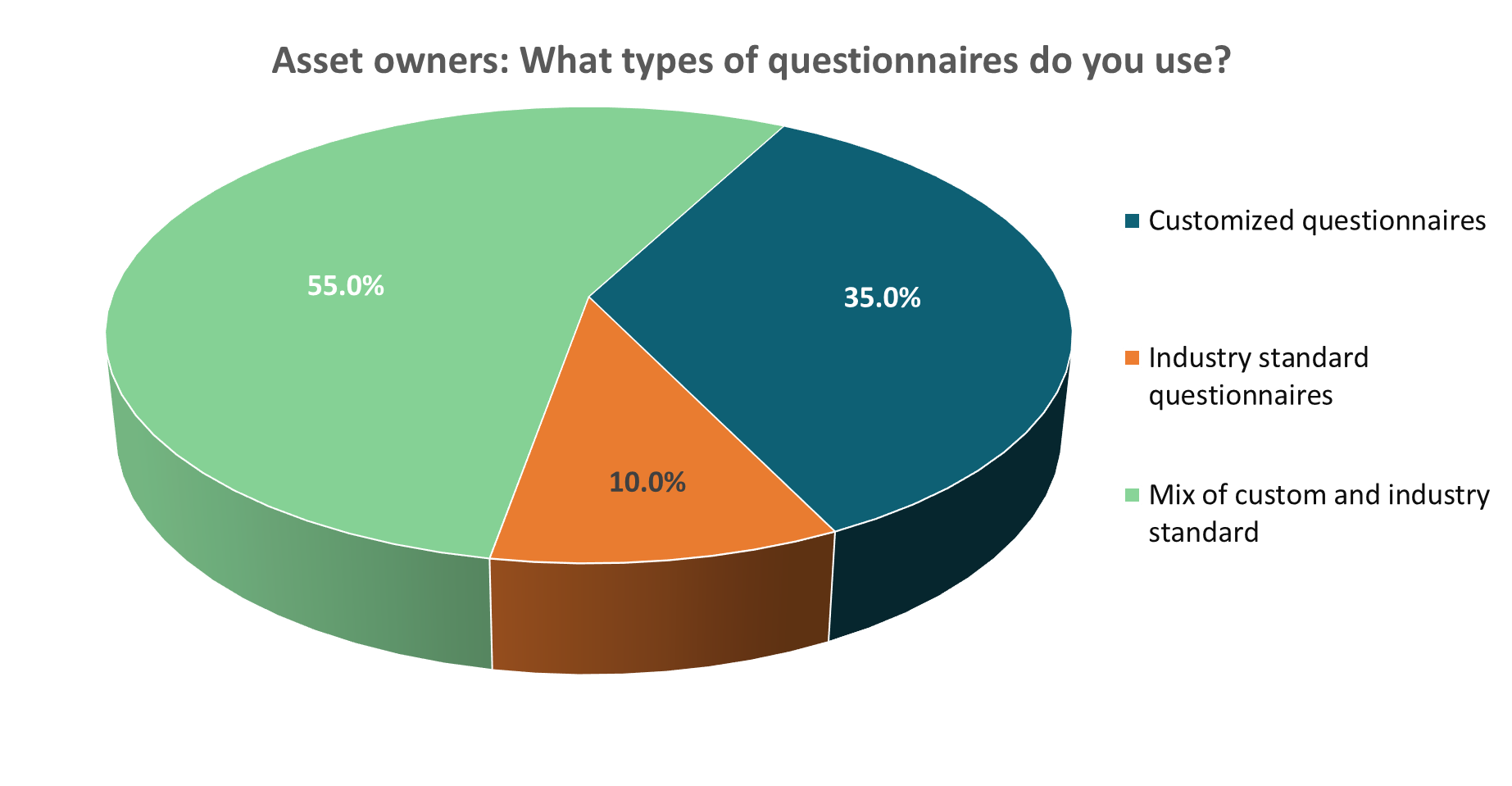 To access the recordings of all of our webinars including a full list of takeaways, please visit our Webinar Resource page.
To access the recordings of all of our webinars including a full list of takeaways, please visit our Webinar Resource page.
